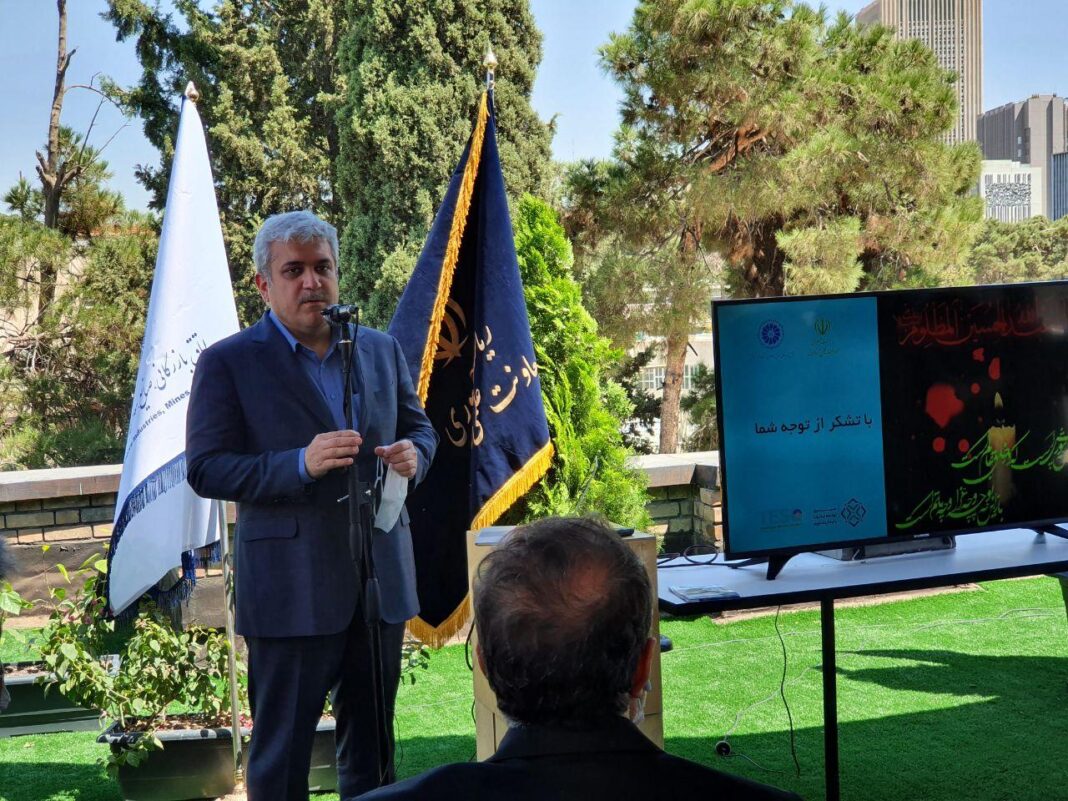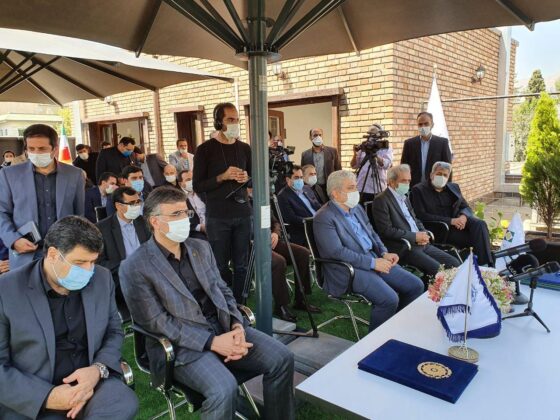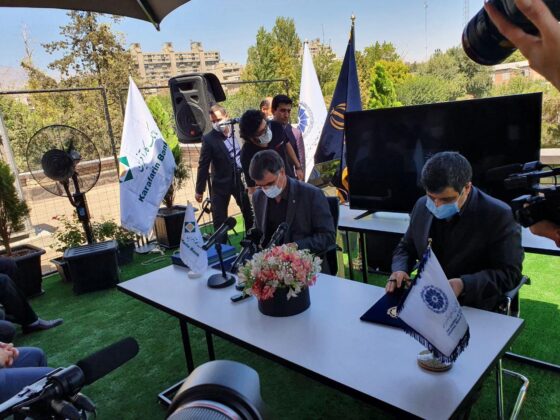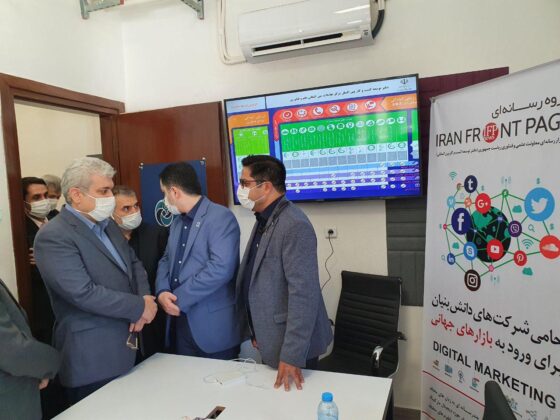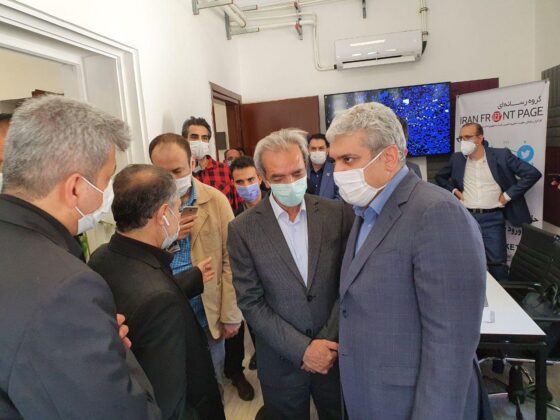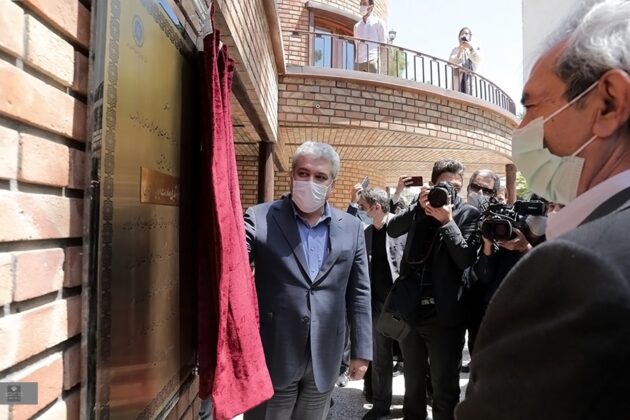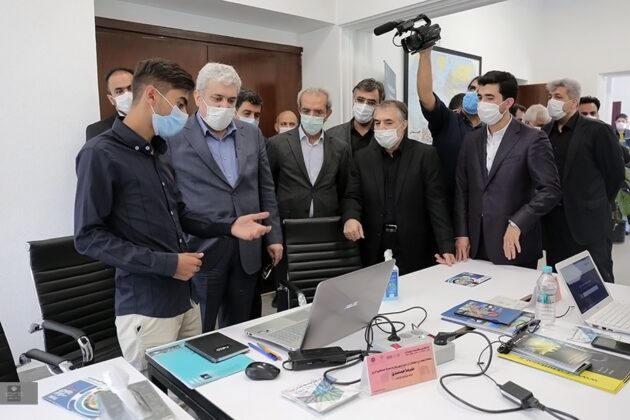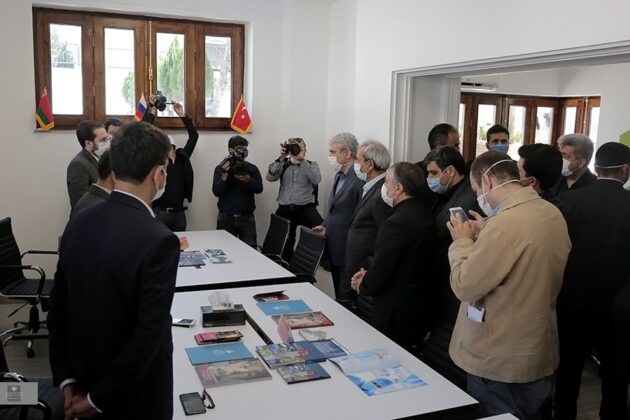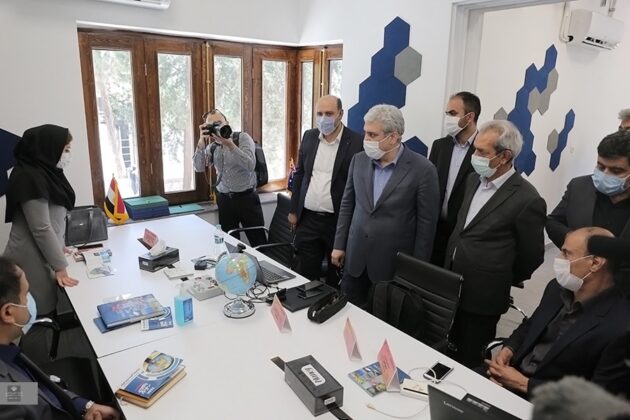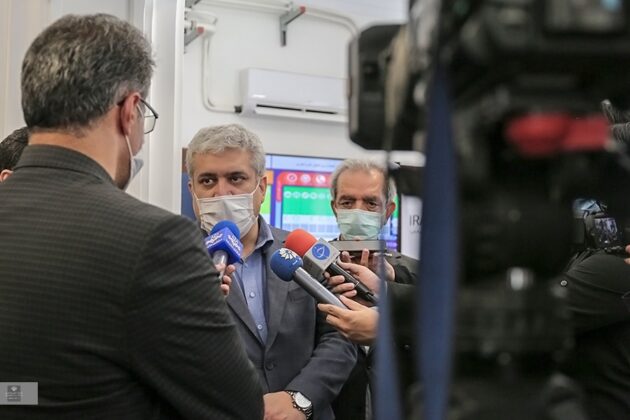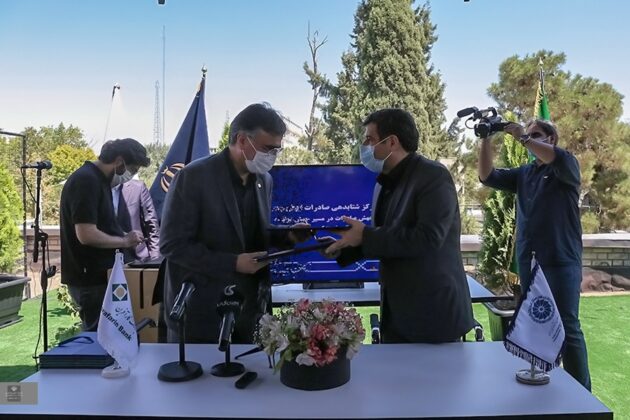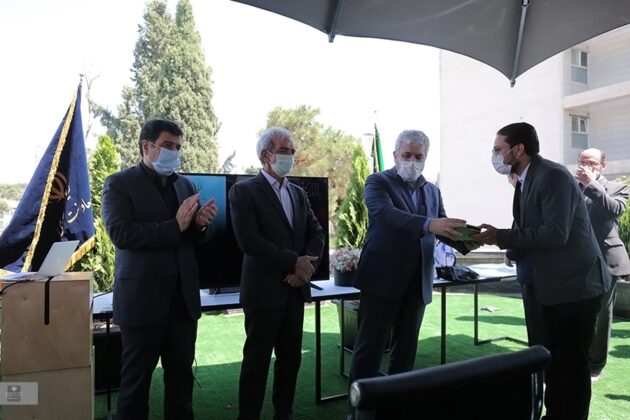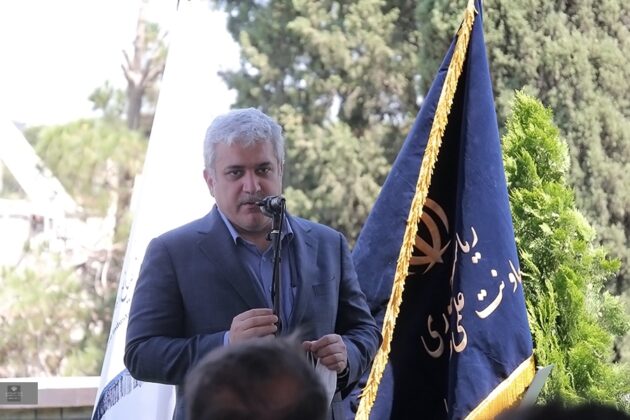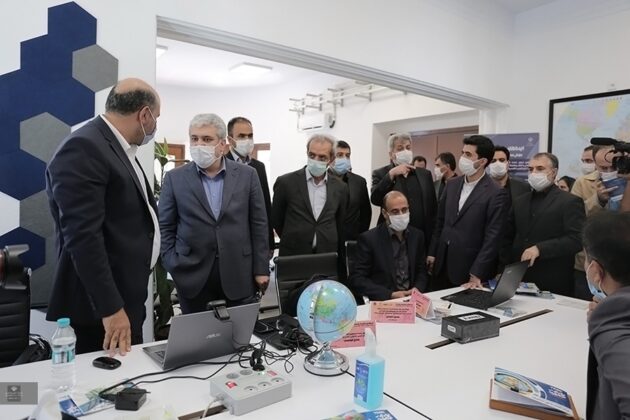Speaking to reporters on Sunday, Sattari said the virus has had certain benefits in addition to the harms it inflicted on the Iranian economy.
“Despite all the serious harms the coronavirus crisis inflicted, it has considerably helped ICT companies to thrive. Those active in the field of online education and e-sale have improved [their businesses] very much,” Sattari noted.
“The coronavirus broke the traditional resistance and the old barriers that hindered these businesses, and they managed to release their optimum products in the society, which resulted in multiplication of their profit,” he noted.
The vice-president made the remarks on the sidelines of a ceremony held in Tehran to open the country’s first Export Acceleration Centre with the support of the Vice-Presidency for Science and Technology and Iran’s Chamber of Commerce.
Sattari said he is hopeful that the opening of the centre would facilitate the trend of exporting the country’s services and high-tech products.
“The entire capacity of the Vice-Presidency’s export corridor has been allocated to knowledge-based companies and export-based start-ups, and the Vice-Presidency is prepared to provide any kind of support for these high-tech exporters,” he noted.
During the ceremony, Sattari visited in person various parts of the Export Acceleration Centre, which accommodates various teams and start-ups including a platform to facilitate diagnostic and medical services, an online exhibition of medical and pharmaceutical equipment, and a start-up company offering services in the field of online international research.
The vice-president also rewarded the winners of an event called “Jump in Export in the Path to Jump in Production”. The winners included a platform for online exchange of foreign currencies, another platform for offering technical-engineering services, and a portal for export of specialized educational courses.
Addressing the Sunday ceremony, Gholam-Hossein Shafei, the chairman of Iran Chamber of Commerce, told reporters that traditional businesses undoubtedly cannot maintain their export markets based on traditional and old solutions.
“The opening of this centre is an auspicious beginning for devising modern and up-to-date solutions for export in the new era,” he added.
“Traditionalism is much more than innovation in our country’s exports, and this is a big gap in today’s world. However, we can move forward in the path of developing our exports by using knowledge-based companies,” Shafei said.
